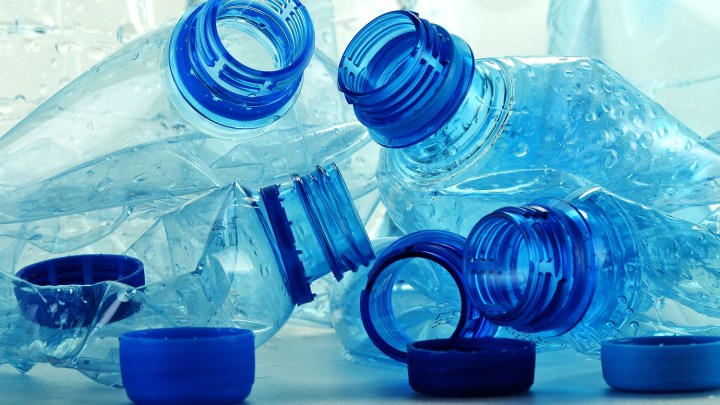
Developed by AMP Robotics, this robot makes use of artificial intelligence to recognize and sort food and beverage containers. Clarke has already been deployed in a municipal waste facility in Denver, Colorado, where it helps out with the trash-sorting system. Using a visible-light camera, it can spot milk, juice, and food cartons and pull them out using its robotic arm and suction cups. These items are then diverted away from the landfill, and sent instead to the appropriate recycling facility.
With a reliable rate of 60 items a minute, Clarke picks up recyclable waste with 90-percent accuracy and is about 50 percent faster than a human doing the same job. Ultimately, that results in a 50-percent reduction in sorting costs.
“The fundamental platform that we’ve created was a system to sort pretty much all the commodities that are in a recycling facility today,” AMP Robotics founder Mantanya Horowitz told Engadget, “Whether it’s cardboard, No. 1 plastics, No. 2 plastics, or cartons — cartons just ended up being a great place for us to start.”
But because Clarke is an AI-based system, the more it works, the smarter it gets.
“Even though this first system is picking cartons, it’s actually watching and learning from all the other commodities that it’s seeing as well,” Horowitz added. “That’s what’s really exciting. The more systems that we have out there, the better they’re going to be.”
In the future, the hope is to introduce more granularity to Clarke’s sorting abilities. “Right now we can say, ‘That’s a No. 1 plastic’ but we want to be able to say ‘That’s a Pepsi bottle, that’s a Gatorade bottle’ and give recycling facilities even finer resolution on what’s going through [their lines],” Horowitz explained.
So do your best to learn what’s recyclable and what’s not — but remember that if you mess up, Clarke may be able to save the day. Aren’t robots great?


